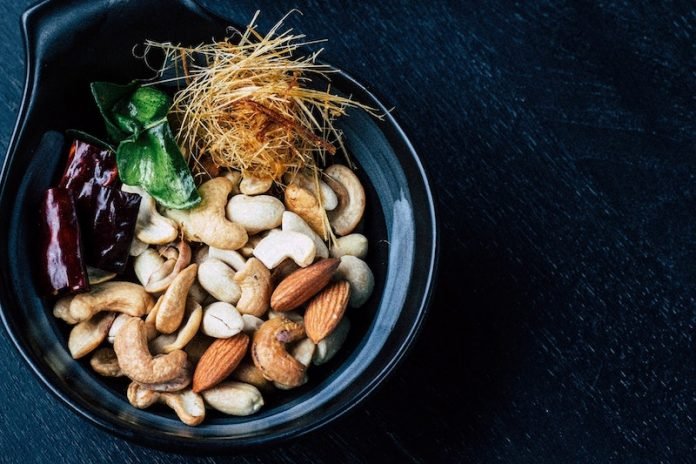
Scientists from Tel Aviv-Sourasky Medical Center found key nutrients, including protein, zinc and niacin, could help improve blood vessel and heart health.
The research was presented at the European Congress on Obesity and was conducted by Dr. Brurya Tal et al.
Improvements in metabolic and cardiovascular health seen during weight loss in people with obesity are traditionally attributed to either the weight loss itself or the accompanying changes in glucose, blood pressure or blood fats.
The possibility that the make-up of the diet itself is also involved has not been studied extensively, other than for protein, carbohydrates and fats.
In the study, the team examined 72 participants with metabolic syndrome and obesity (55.5% male, average age of 53 years).
These people were enrolled in a one-year intensive multidisciplinary weight loss program. This included personalized diet and exercise plans and regular meetings with a physician and dietician.
The participants were asked to fill in a detailed dietary questionnaire a week before starting their diet and exercise plans and a year later.
Arterial wall stiffening is linked to a heightened risk of heart disease and so blood vessel flexibility was used as a proxy for heart health.
The team found that one year later, BMI had fallen by 9.4% and all three measures of blood vessel flexibility had improved.
The improvements in blood vessels were linked to reductions in calorie and saturated fat intake and increases in zinc intake.
Zinc plays a key role in the synthesis of nitric oxide in blood vessels. Nitric oxide helps relax the inner muscles of the blood vessels, leading them to widen.
The improvements in blood vessels were also linked to reductions in calorie and saturated fat intake and increases in protein.
In addition, an increase in niacin (vitamin B3) intake helped improve blood vessel health. Niacin is known to dilate blood vessels, mainly in the upper part of the body.
These findings suggest that changes in the consumption of specific food components are linked to better vascular structure and function.
The team says a Mediterranean diet, rich in protein (lean dairy products, fish, poultry, and eggs), rich in vegetables, nuts, seeds and with moderate consumption of fruits and grains, can contribute to improving vascular flexibility, thus indirectly protecting the cardiovascular system.
The zinc-rich foods in the diet plan were sunflower seeds, pumpkin seeds, nuts and meat. Meat and fish provided niacin.
If you care about nutrition, please read studies about food that could lead to autism, and this nutrient could strongly lower high blood pressure.
For more information about nutrition, please see recent studies about how a Mediterranean diet may help you prevent stroke, and results showing this natural food supplement may help relieve anxiety.
Copyright © 2022 Knowridge Science Report. All rights reserved.



